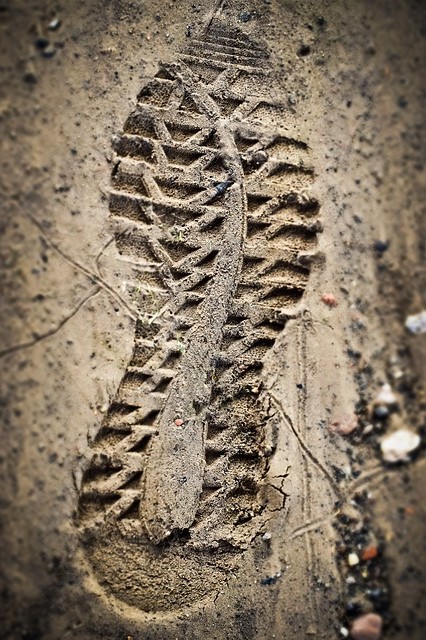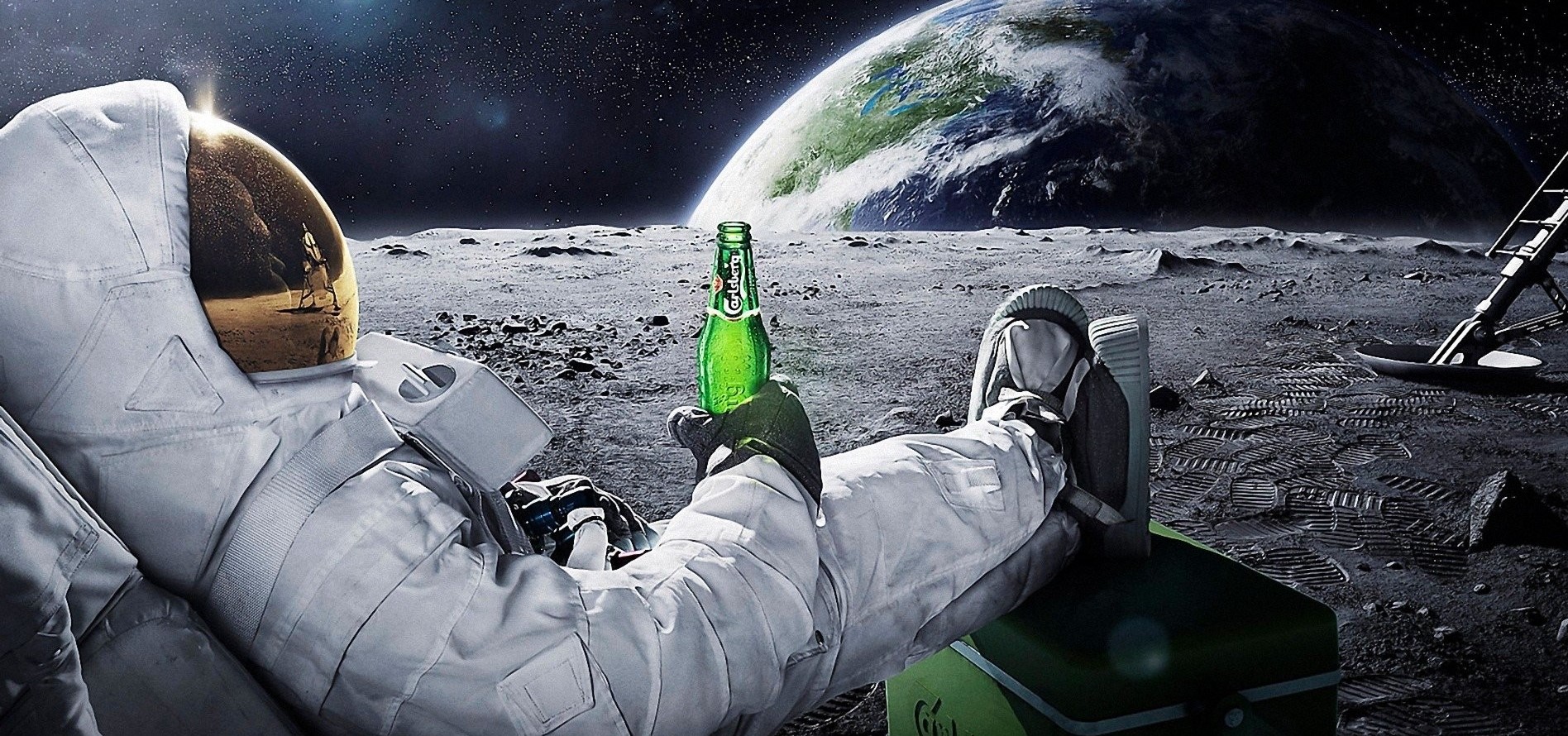It’s Hollywood sci-fi stuff.
A simmering personal feud between two astronauts plays out across the frozen Martian crust … or maybe there’s a rape in the claustrophobic quarters of the International Space Station … or ooh-ooh, a celestial serial killer is loose on Uranus.
And inevitably, a drunken, cynical galactic detective and his mismatched sidekick are dispatched to solve it. Then a space-rover chase crashes into a deep-space vegetable cart before the final slow-motion space-walk confrontation.
Fade to black.

But in the future—perhaps not so distant—space crime will be real. (One cannot help but think there’ll be some whiskey-soaked hack there to scrape up the delicious details for earthbound true-crime readers.)
When it happens—and it will, because humans are, well, human—who’s gonna investigate, make arrests, and try alleged space offenders in court?
Surprisingly, a bunch of lawyers from the last century have already thought about it (and likely billed somebody).
“In most cases, space crime sprees would be treated the same as if an offender was traveling in a foreign country or in international waters,” explained a recent article at MentalFloss.com. “If you’re a U.S. citizen and decide to bludgeon someone at sea or on the Moon, the various international agreements and national laws would determine how you get prosecuted. (Assuming, of course, you returned to Earth to answer the charges.)”
This whole intergalactic legal theory already has an earthly precedent.
Nobody owns the continent of Antarctica, but 54 nations have agreed that any crimes committed there will be investigated and tried under the laws of the country that operated the outpost at which the offense happened.
And there have already been a few crimes near the frozen South Pole, including a Russian knife attack and a suspected Australian poisoning. Those countries handled their respective cases.
And so it would be in space—at least for now.
The whole investigation and prosecution is another matter entirely. Imagine CSI in space. If it happened one or two light years away, the time it would take to collect evidence, autopsy a corpse, or collect murder weapons might preclude a swift trial. (On the other hand, it’s be harder to be a fugitive up there.)
“Even if a criminal investigator is on Mars, low gravity will affect blood spatter and bodies may even decay at a different rate than they do on Earth,” MentalFloss pointed out.
To misquote Raymond Chandler, dead men are heavier than broken hearts … except on Venus.
COVER IMAGE: A future true-crime astro-author waiting for the verdict. Photo by Will Robinson.
